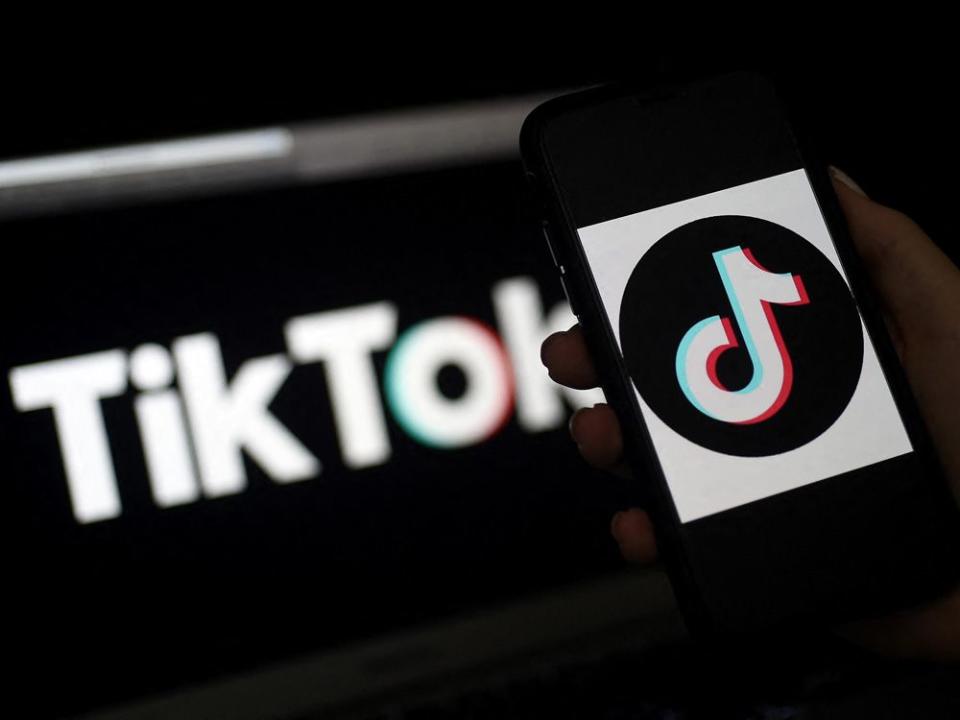Vass Bednar: TikTok ban on government devices is a distraction

The federal government’s knee-jerk ban of Chinese-owned TikTok from official devices is a delayed imitation of similar moves by the United States in December, and more recently, the European Union. But this is no prudent public policy. Rather, it feels like Canada is jumping on the latest trend by mimicking a viral dance craze. We might as well be eating Tide Pods while jumping off milk crates.
It is impossible to ignore the geopolitical context that has likely motivated the ban. The Canadian Security Intelligence Service (CSIS) has leaked concerns China may have sought to subvert our electoral processes in 2019 and 2021, and Deputy Prime Minister Chrystia Freeland recently raised national security concerns about the founders of a Canadian bank with suspected ties to China. As Prime Minister Justin Trudeau resists calls for a public inquiry into the possible electoral interference in favour of a House of Commons committee investigation, the TikTok policy gives the impression that the government is taking action on China, despite its obvious superficiality.
The rationale offered for the sudden TikTok ban is far too vague. Cybersecurity and privacy concerns have been hinted at (an “unacceptable level of risk”), but no new information has been divulged. These concerns aren’t new, nor are they unique to TikTok. In 2021, researchers from the Citizen Lab at the University of Toronto’s Munk School of Global Affairs & Public Policy, released a report analyzing the security and privacy of ByteDance Ltd.-owned apps TikTok and Douyin. They found little cause for undue concern. “In comparison to other popular social media platforms, TikTok collects similar types of data to track user behaviour and serve targeted ads,” the report said. “Our research shows that there is no overt data transmission to the Chinese government by TikTok. In our testing, TikTok did not contact any servers within China.”
Why is the civil service bearing the burden of this ban? It makes it seem as if bureaucrats are either wasting time watching TikTok videos or have had their phones compromised by foreign actors. Is either true? An argument could be made that entertainment apps shouldn’t be allowed at all on official government devices.
Further, we have no information on how many government devices have TikTok installed — it could be zero. The federal government doesn’t appear to have any official accounts on TikTok, either, though politicians certainly do. But our tax dollars support the platform. Last year, the government spent $1.7 million advertising on TikTok. Perhaps we should commit to pausing this expenditure in light of these new, but undisclosed, concerns.
It is notable that other investigations into proven privacy violations haven’t resulted in bans. Though Restaurant Brands International Inc.’s Tim Hortons app collected vast amounts of sensitive location data, it was never blocked. Government officials also can still shop at Home Depot Inc. stores, despite the company’s failure to obtain customer consent before sharing personal data with Meta Platforms Inc. One imagines civil servants can still access information through Alphabet Inc.’s Google search engine, even as the company throttles Canadians’ access to news in protest of the Online News Act.
Twitter, Meta paid verification schemes usher in 2-tiered social media
Vass Bednar: Ontario’s sly approach to consumer protection isn't doing us any favours
The government doesn’t need to comment on every mobile application available for download in Canada. But, it needs to be much more responsive. TikTok came to Canada in 2019, and Ottawa could have issued an intermediary advisory over its privacy and cybersecurity concerns then, advising citizens to be cautious, blocking the app on government computers and cellphones, and freezing paid ads on the platform.
Hyper-politicizing TikTok, while ignoring similar concerns with other apps, is also disingenuous and comes off as lazy mimicry. Perhaps the government is reluctant to impose new regulatory regimes on U.S.-owned social media companies, as this can raise issues during trade negotiations — something that’s already been hinted as Bill C-11, the government’s online streaming legislation, has progressed.
Meanwhile, the coalition of privacy protection agencies won’t even be able to levy a fine on TikTok if they conclude the app failed to obtain meaningful and informed consent. That means this ban will do nothing to TikTok’s bottom line.
Given there are two major pieces of proposed legislation related to privacy (Bill C-27) and cybersecurity (Bill C-26) winding its way through government, perhaps policymakers should focus on getting those passed so we can strengthen the tools and teeth needed to address such concerns. It’s time to put down our phones and roll up our sleeves.
Vass Bednar is an adjunct professor of political science at McMaster University and executive director of the school’s Master of Public Policy in Digital Society program.

 Yahoo Finance
Yahoo Finance 